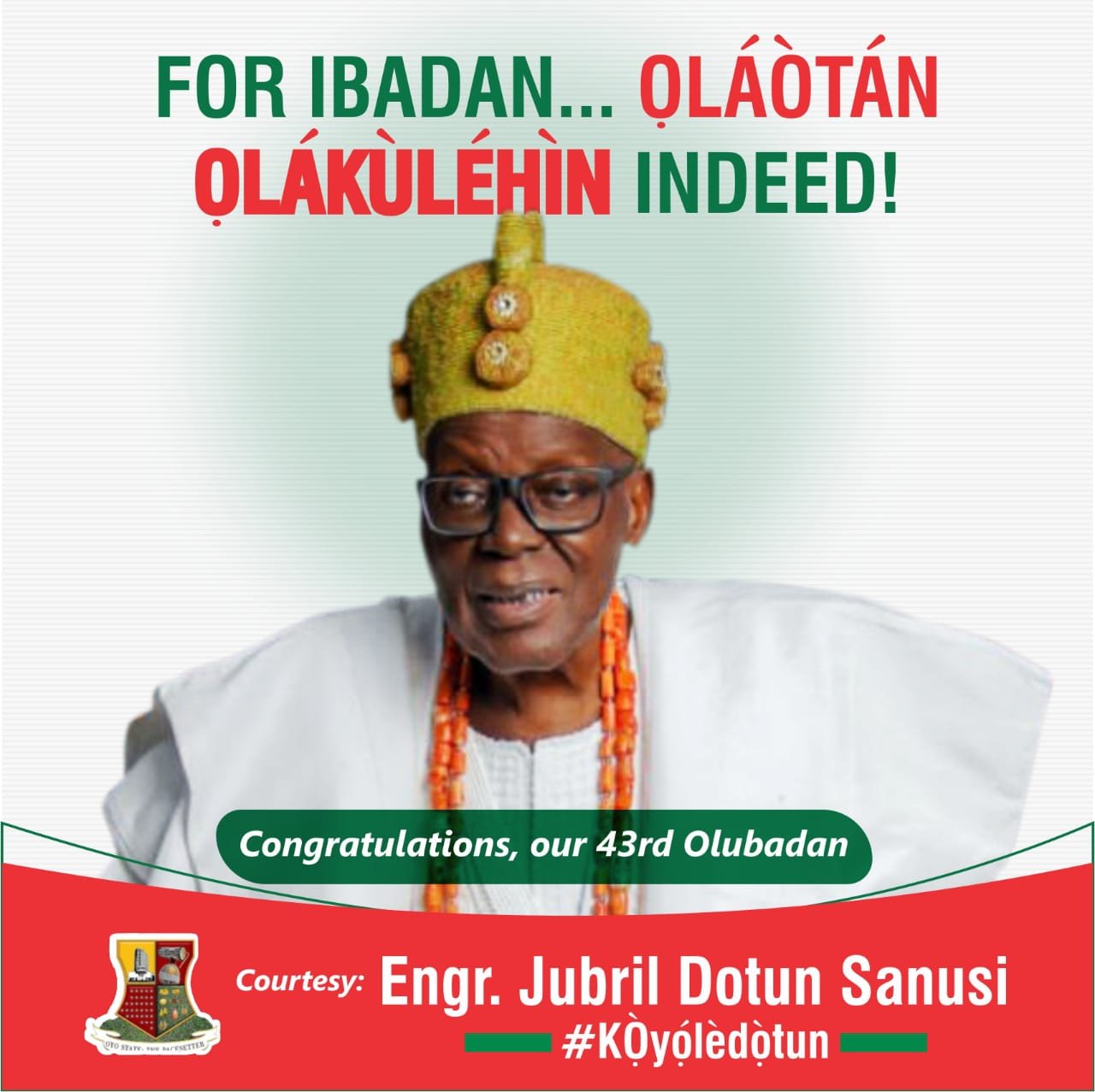As the campaign officially kicks off, most Nigerians are excited yet indifferent to the noise and razzmatazz that surround one of the most thrilling and interesting periods of the 2023 election. That period when parties fight dirty in the name of politics and politicking. That time when candidates hope their manifestos hook and convince the masses to trust them – even when people distrust them. No other time offers such a mix of emotions, passions, and attention apart from the voting than during the campaign: it’s when people feel seen, heard and noticed. That period is when politicians seek attention and adulation from the people they care little about. In Nigeria, campaigns come with doses of theatre and drama: think of the dancing Senator, the singing Lawmaker, the maize eater, the propaganda, the banter, and the laughter, the jibes and the jokes.
Little wonder the moneybags in the game spend good fortunes trying to outwit, outshine and outmaneuver each other in media dominance and deploy tricks in dark arts psychology of persuasion. For politicians, this time is critical in the electoral process. As it said in some quarters, those who win on the campaign trail may as well prepare to taste the pomp, pleasure, and pageantry of power. Here is the time politicians market themselves; and de-market their opponents, capture people through promises and programs that most of the time would fall by the wayside once the reality of governance and administrative bottleneck set in.
As usual, expect politicians to brand themselves as the messiah, the Moses that is passionate about leading the people to the Promised Land. For those in power seeking re-election, the campaign period offers them the opportunity to ask for more, to continue from where they stopped, to finish the job they started. For those outside the corridor of power, expect them to bad mouth those in power, and call them many unprintable names. And don’t be surprised when opposition comes out to offer rescue, recovery, and revival plans. It is the way it is: the same rituals and routines all in the name of politics and fulfilling an integral part of democracy.
But for the discerning mind, the campaign period in Nigeria is a time of deep reflection and contemplation. In part because it is the time most Nigerians get caught between the rock and hard place. For a country that has been so polarized and divided along ethno-religious lines, choosing leaders based on competence becomes especially hard. And for a country that lacks basic social amenities such as regular power supply, clean water, and affordable health care, it’s especially harder to separate the wheat of genuine leaders from the chaff of pretenders. They all seem to offer the same promises, sometimes display a true understanding of our problems, and present beautiful programs in place. In most cases, they sing the same song of redemption and renewal.
While campaigns in advanced democracy offer an opportunity for politicians to debate ideas and articulate their visions, in Nigeria, it is not so. Rather than present alternatives to the ills of the country, most politicians prefer the opposite: offer jumble, incoherent and inconsistent rhetoric that muddles the conversation and confuses the electorate the most. During the campaign, fake news flies around as misinformation dominates the landscape. Along the way, the unsuspecting members of the public get carried away by the words and not the deeds of most politicians. But that’s not to say everything about the campaign is bleak, hopeless, and hapless. Because it is the exercise that precedes the election, redefining conversations around it is crucial. Given that most politicians make promises during this period, following the trajectory to the end makes holding them accountable easier.
When politicians make promises, those in attendance have the legitimate right to ask questions and importantly the requisite information to hold them to their words once they get to power. Redefining conversations around the campaign implies that we ask questions from and about the candidates.
Additionally, we get to understand the inner recesses of those seeking public offices through what they say. As one quote once beautifully remarked, you tell the world about yourself the moment you open your mouth. And for most politicians, what they say either makes or mar their chances at the election. In summary, by interrogating candidates at public functions or on campaign trails, we help those at home to compare and contrast the stuff they are made – which in turn help them in their decision on who to hire and fire when the time to exercise their franchise comes up.
OYO101 is Muftau Gbadegesin’s Opinion about Issues affecting Oyo state, published on Saturdays. He can be reached via @TheGMAKing on Twitter, muftaugbadegesin@gmail.com and 09065176850
































